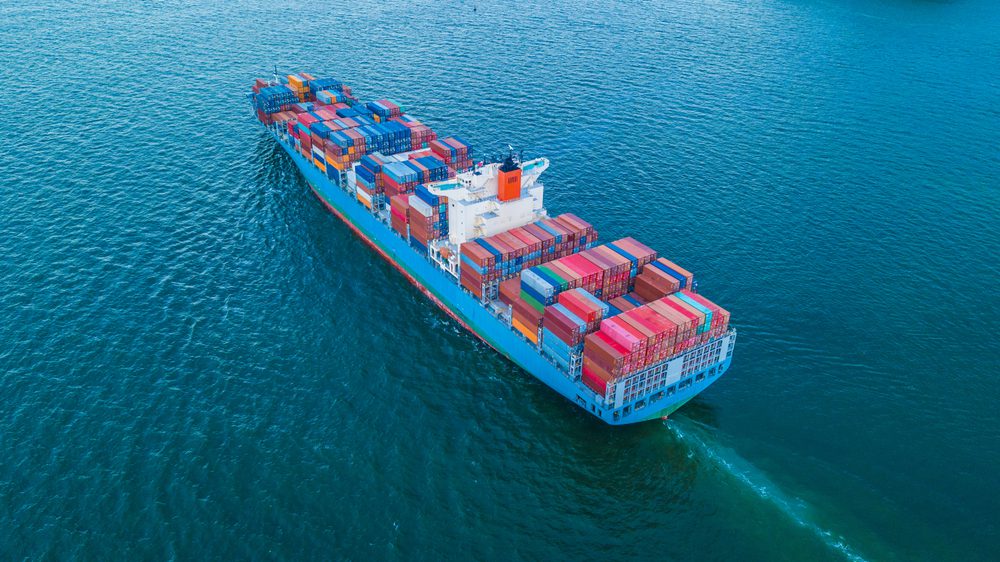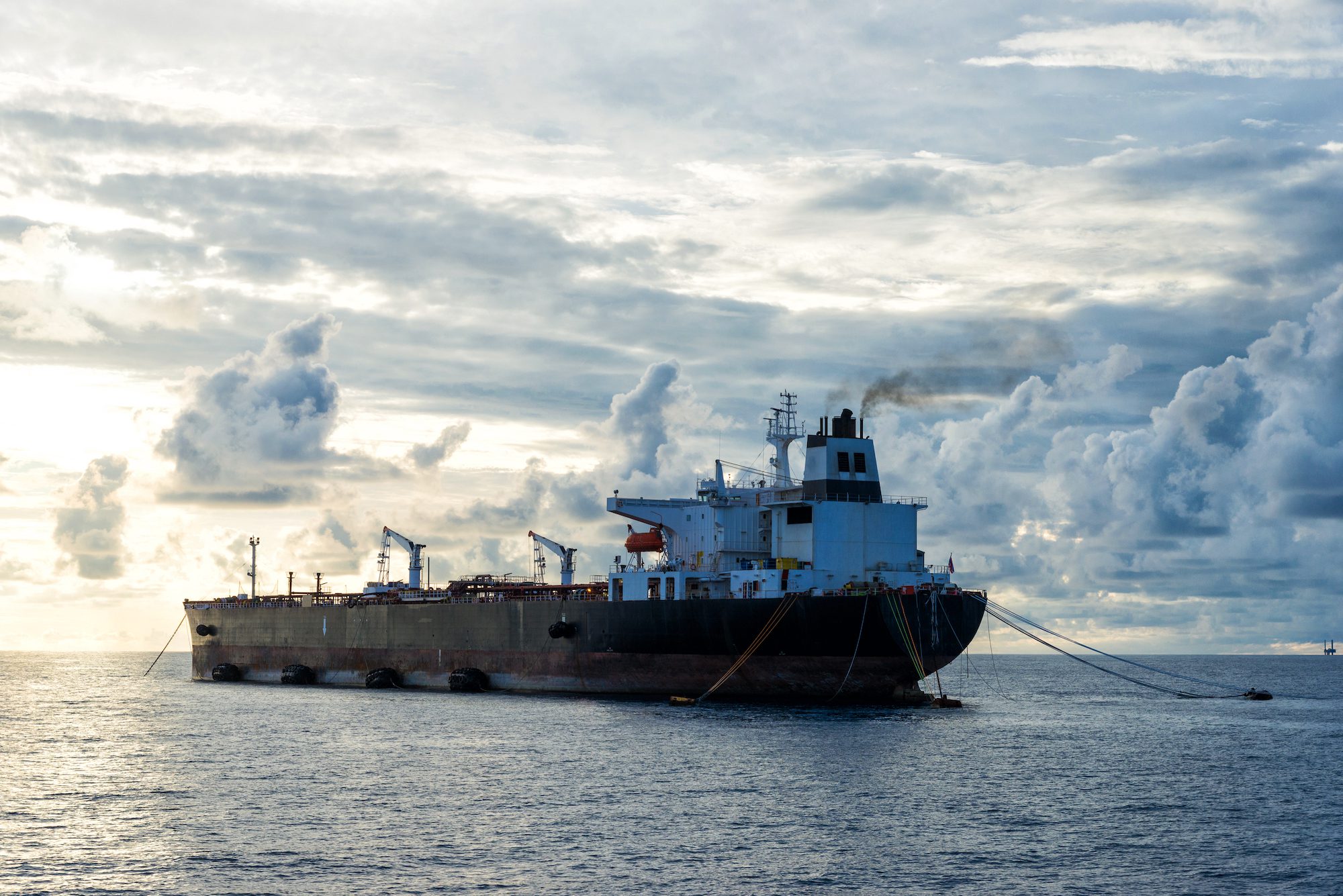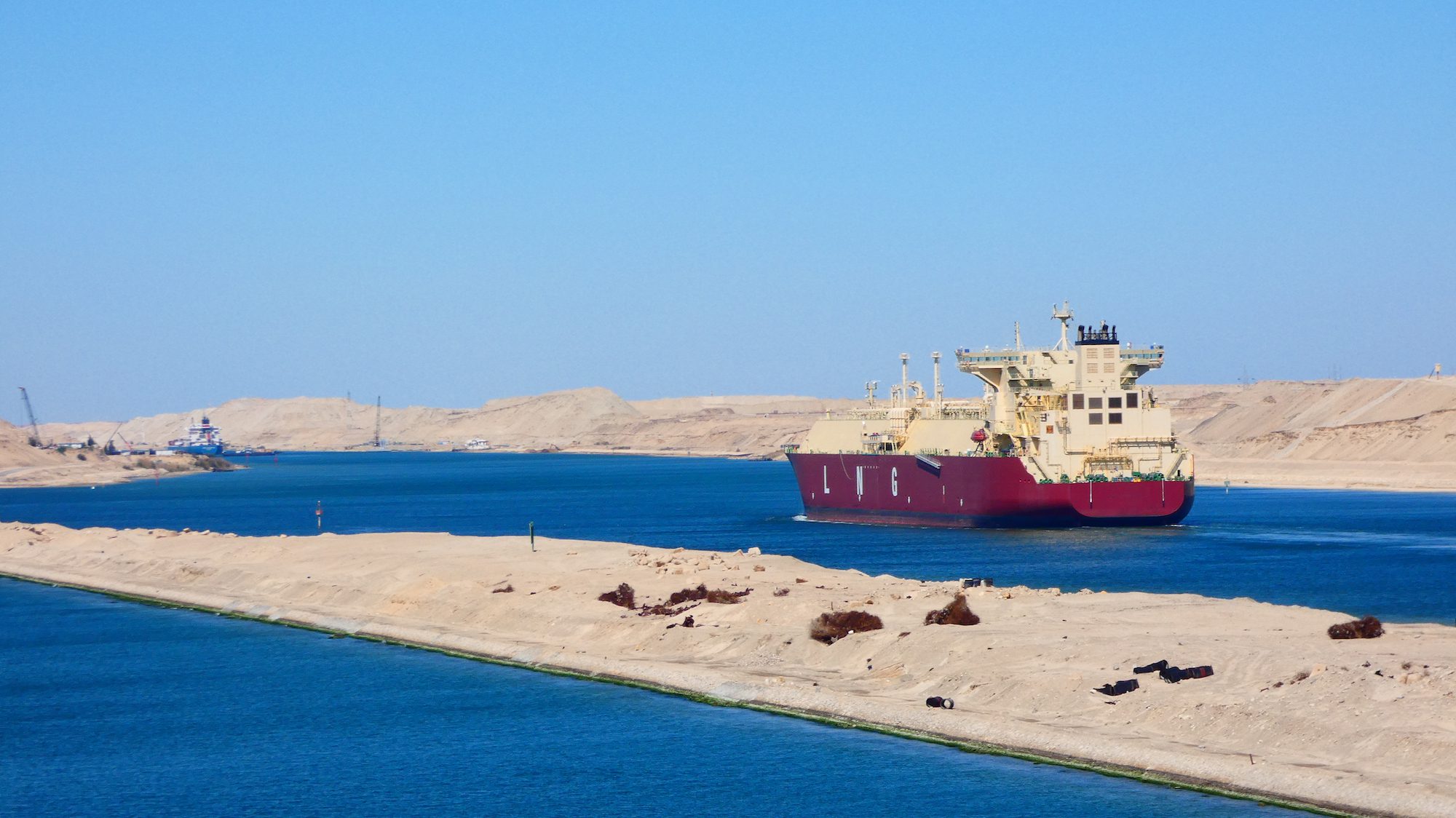Photo: Avigator Thailand / Shutterstock
 By Stephanie Kelly NEW YORK, Oct 25 (Reuters) – The United States is looking for a “pragmatic” approach to the implementation of new marine fuel emission rules that go into effect in 2020, a U.S. Coast Guard official said on Thursday.
By Stephanie Kelly NEW YORK, Oct 25 (Reuters) – The United States is looking for a “pragmatic” approach to the implementation of new marine fuel emission rules that go into effect in 2020, a U.S. Coast Guard official said on Thursday.
The United States will seek to develop a proposal or proposals with like-minded countries for a May 2019 meeting of the International Maritime Organization’s (IMO) environmental body, Rear Admiral John Nadeau, assistant commandant for prevention policy for the Coast Guard, said on the sidelines of a conference in New York.
The IMO has set new rules that will ban ships from using fuels with a sulfur content above 0.5 percent from Jan. 1, 2020, compared with 3.5 percent now, unless they are equipped with scrubbers to clean sulfur emissions.
Last week, the United States said it supported a phase-in of the 2020 rules to protect consumers from any price spikes in heating and trucking fuels, although it did not seek to delay the regulations.
Some shipping associations together with the Bahamas, Liberia, Panama and the Marshall Islands this week proposed an “experience-building phase,” which gained support from Washington.
But Wednesday’s meeting of IMO’s Marine Environment Protection Committee (MEPC) in London pushed back on the idea, calling it vague, confusing and said it would require more definition.
The proposal’s backers were told they could submit further concrete proposals for the next MEPC in May. That will leave little time for deliberations before the regulations kick in.
Nadeau said that to his knowledge there was no discussion this week of delaying implementation of the rules. Conversations have focused around problems that might arise from the 2020 start date, including issues surrounding fuel oil quality, he told Reuters at a conference held by the North American Marine Environment Protection Association.
“We welcome and invite the opportunity to go back to MEPC 74 in May with proposals that we’ve developed working with like-minded countries to help make sure we have a pragmatic compliance regime in place as we go forward,” he said. (Reporting by Stephanie Kelly in New York; additional reporting by Jonathan Saul in London; editing by Jonathan Oatis and Leslie Adler)
(c) Copyright Thomson Reuters 2018.

 Join The Club
Join The Club











